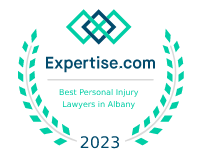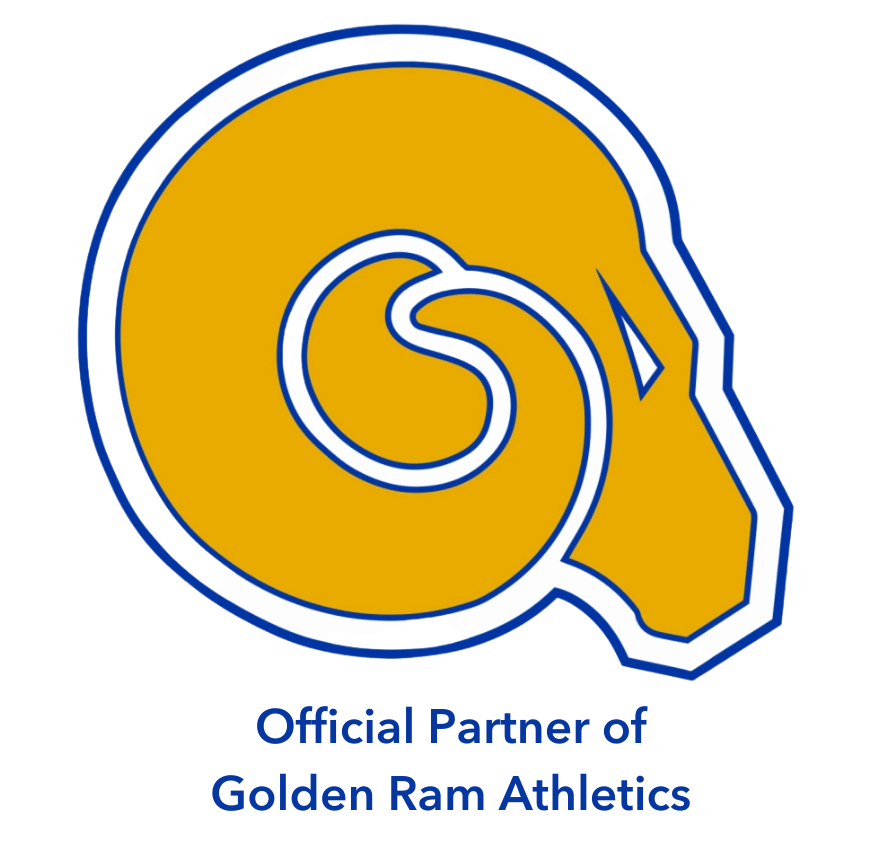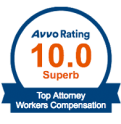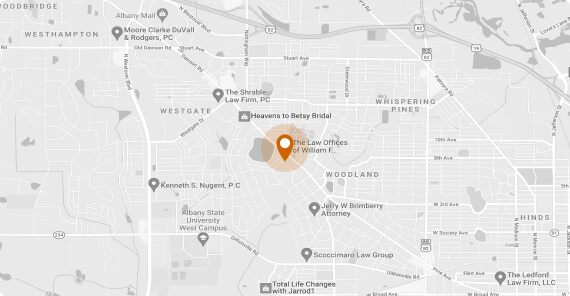
Georgia requires most employers with at least three or more full-time, part-time, or seasonal employees to carry workers’ compensation insurance. This no-fault insurance pays for your medical expenses, a portion of your wages, and provides disability benefits if you get hurt or sick while working. Many of these claims are paid through settlements from the insurer.
Unfortunately, obtaining a full and fair workers’ comp settlement is not always easy. You usually only have one shot at getting it right. Once you settle, most insurance companies don’t allow you to ask for more money later. At the Law Offices of William F. Underwood, III, P.C., we can explain the types of workers’ compensation settlements available to you and fight for you to get a fair deal when closing out your claim.
Financial relief is possible after a workplace injury. Let our law firm help you get the settlement you deserve. Contact us today for a free consultation with an experienced workers’ compensation lawyer.
What Is a Workers’ Compensation Settlement in Georgia?
A workers’ comp settlement is an agreement between you and your employer’s insurance provider. This agreement outlines how much money the insurer will pay to cover your medical expenses and compensate you for any long-term disability due to your job injury or illness.
In Georgia, all settlements must receive approval from the State Board of Workers’ Compensation (SBWC), which will review the terms and determine whether they are mutually fair and meet various legal requirements under O.C.G.A. 34-9-15 and Board Rule 15. If your settlement is approved, you will be paid by your employer’s insurer, usually as a lump sum. If the settlement is not approved, it’s typically due to a technicality that can be resolved between the parties within the same day or a few days following the settlement rejection.
But how can you tell if you’re getting a fair deal? The insurance company counts on workers not knowing what a fair settlement looks like. That’s where a lawyer can help. A knowledgeable Georgia workers’ compensation attorney can advise on whether the settlement offer is appropriate for your circumstances.
Types of Workers’ Compensation Settlements
In Georgia, there are two forms of workers’ compensation settlements:
Liability settlements
In a liability settlement, all parties agree that the employer or insurer is liable, and that the employee was entitled to receive workers’ compensation benefits. This type of settlement resolves your claim.
No-liability Settlements
Under a non-liability agreement, the insurer disputes your eligibility for benefits but agrees to pay a portion of your workers’ compensation claim to resolve the case. No-liability settlements tend to require additional paperwork.
Whether you are offered a liability settlement or a no-liability settlement is generally out of your hands. For the most part, cases in which income benefits have been paid settle on a liability basis, and cases in which income benefits have not been paid settle on a no-liability basis. It is a decision between your employer and their insurer. But remember, you do not have to agree to a settlement. If you believe your employer is in error and you are entitled to a liability settlement, you can take your case to the SBWC. However, agreeing to a no-liability settlement upfront might be in your best interest. Consult with an experienced Georgia workers’ comp attorney before making any decisions.
How Do I Settle My Workers’ Compensation Case?
Before settling your case, the insurance company will review your medical records and other documents to calculate your medical expenses and any potential disabilities. Once you agree on the settlement terms, the arrangements go to the SBWC for approval.
The SBWC needs extensive documentation to review and approve a settlement, including various workers’ compensation forms, medical records, attorney fee contracts, and any necessary waivers or releases. The SBWC offers tips on how to make the settlement process as smooth as possible. However, it’s wise to consult an attorney to help determine what specific paperwork applies to your case.
When you settle a workers’ comp claim, you avoid the risk and uncertainty of a workers’ compensation hearing or appeal. However, settling your case means you agree to the stipulations outlined by the insurance provider. You want to ensure those terms are fair before signing off on anything. It’s wise to reach out to a lawyer.
What if My Workers’ Compensation Claim Was Denied in Georgia?
Denials are one of the most frustrating aspects of workers’ compensation claims. Your claim can face rejection if an insurance company needs more information about your medical condition, you didn’t report your workplace accident quickly enough, or the accident is under dispute by your employer. If rejected, you receive a letter explaining the reason for the denial.
Although a denial can be a setback, do not give up. You have options. Following the rejection of your claim, you can request a hearing with the State Board of Workers’ Compensation by filing a WC-14 form. You have within one year after the date of the injury to file your request or within one year after the last date of remedial treatment furnished by the employer on account of the injury, or within two years after the date of the last payment of weekly benefits. However, it is always best to file as soon as possible.
An administrative law judge will oversee your hearing, which functions like a trial. You can present evidence to support your case and demonstrate why you deserve workers’ compensation benefits. The insurer is also present and can outline their arguments for issuing the denial. The administrative law judge typically decides the outcome within 60 days.
If you didn’t hire a lawyer to represent you during the earlier stages of the workers’ comp process, now is the time to do so. A knowledgeable attorney fighting for you can improve your chances of recovering the workers’ compensation benefits you are entitled to.
Contact a Georgia Workers’ Compensation Attorney Today
Need help understanding the workers’ compensation process? Discuss your case with the legal team at the Law Offices of William F. Underwood, III, P.C. We are dedicated to protecting injured workers and helping them get the money they need to recover and return to daily life. Call or contact us now for a free consultation with a trusted workers’ comp attorney.
















